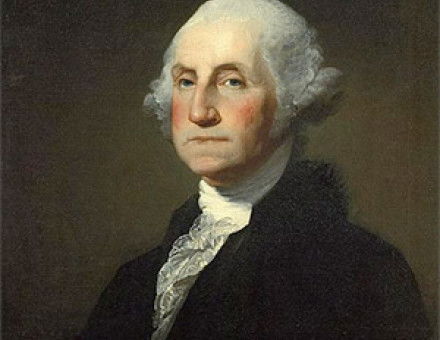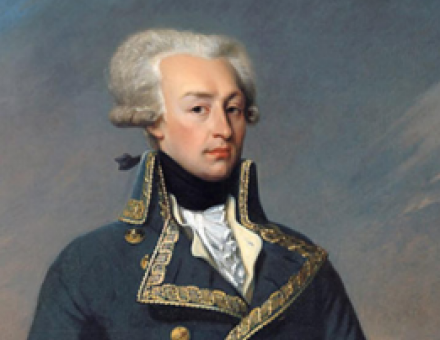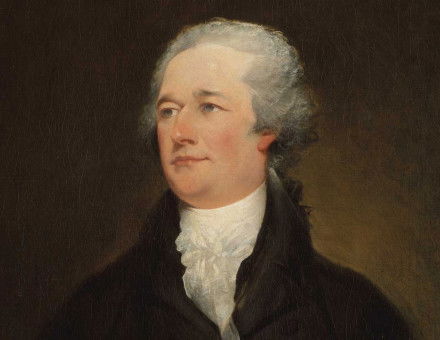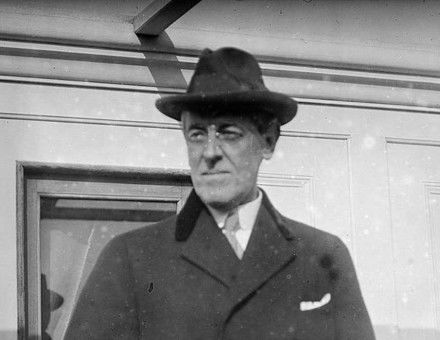Esmond Wright
Washington: The Man & the Myth
Esmond Wright assesses the gap between the Washington of popular imagination, and established historical fact.
Lafayette: Hero of Two Worlds
Both Lafayette’s career and the legend bound up with it have had important effects on either side of the Atlantic Ocean.
Benjamin Franklin: A Tradesman in the Age of Reason
“What is the American, this new man?,” Franklin seemed to provide the answer to this question first asked in 1784.
Alexander Hamilton, Founding Father
Gifted, energetic, passionate, unruly, Hamilton was perhaps the most creative figure thrown up by the American Revolution, argues Esmond Wright.
The Foreign Policy of Woodrow Wilson, Part II: The Dream of Reason
Esmond Wright offers the second part of his study of the early 20th century American president and moralist.
The Foreign Policy of Woodrow Wilson, Part I: The First World War
Esmond Wright offers a study of the steps by which the political moralist, who was President of the United States between 1912 and 1920, found himself reluctantly drawn from high-principled neutrality into a crusading intervention on behalf of democracy.
Henry Dundas: Harry the Ninth
A manager of men and a master of contemporary politics, writes Esmond Wright, Dundas was Pitt's energetic colleague “during the most critical years in British history except for 1940”—not a hero, but a vigorous man of affairs who “rendered some service to both his countries.”
Bermuda in 1776: Loyalist or Neutral?
Esmond Wright explains how, during the American War of Independence, the island of Bermuda was in sympathetic touch with Patriots as well as with Loyalists.
An Artisan of Revolution: Paul Revere
Esmond Wright remembers the dramatic role in the American Revolution played by Paul Revere, an engraver and silversmith from Boston.






